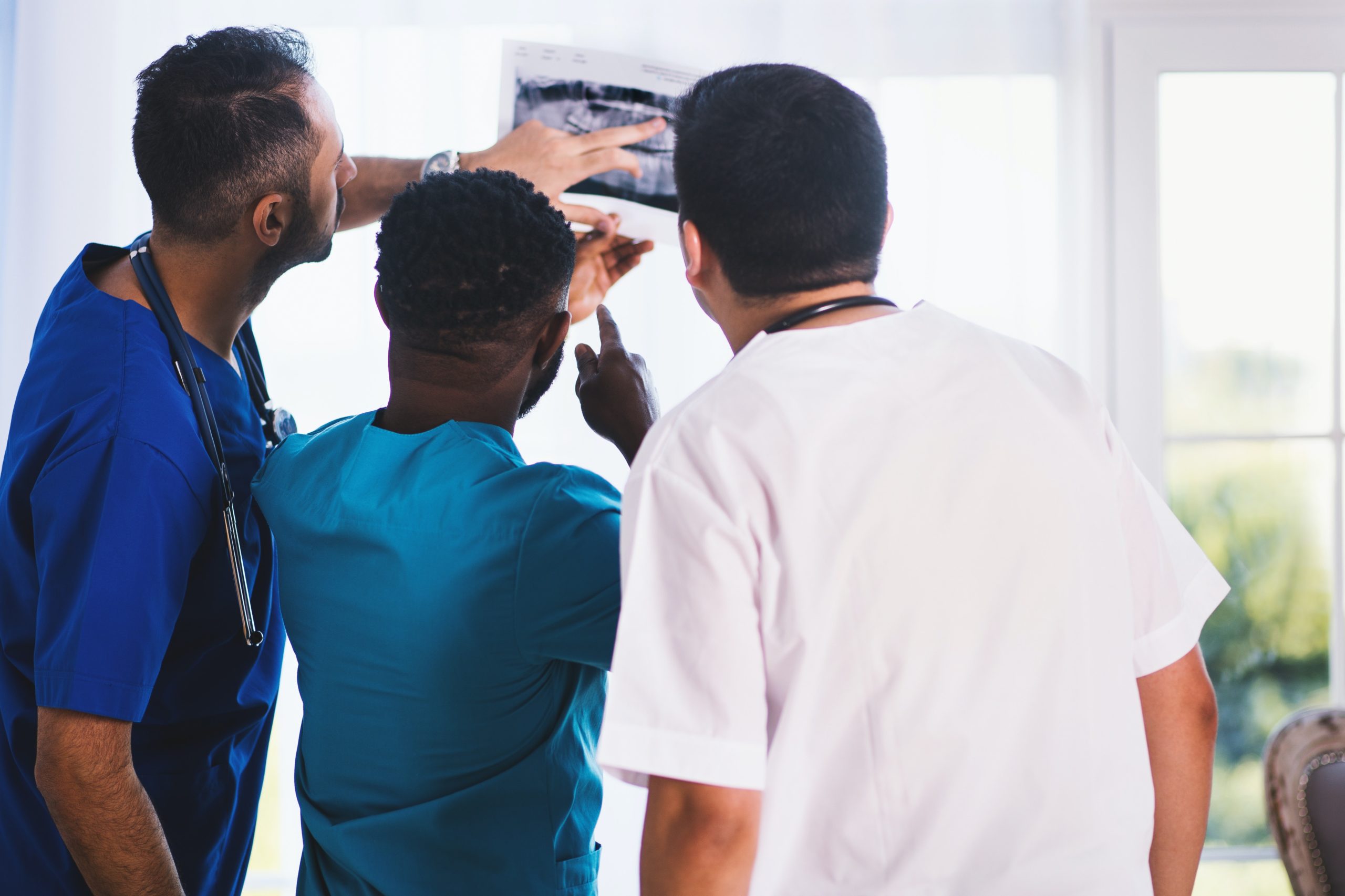
Free Consultation(203) 447-0000

Free Consultation(203) 447-0000

Many people receiving treatment from a medical provider wonder if they should seek a second opinion from another provider and how a desire to do so will be perceived by their current medical provider. Nevertheless, patients should rest assured about asking for a second opinion. Columbia University’s Department of Surgery explains,
“It is standard medical practice to get another opinion. Doctors do it all the time as part of their own process of diagnosing a problem. You should not feel any hesitation or guilt about stating that you want a second opinion.”
In fact, it can be extremely beneficial to seek a second opinion because patients are frequently misdiagnosed. Each year in the United States, more than 12 million adults seeking outpatient medical care receive a misdiagnosis, and researchers estimate that about one-half of these misdiagnoses have the potential to lead to severe harm.[2] In just U.S. hospitals alone, it is estimated that between 40,000 and 80,000 people die each year from complications caused by misdiagnoses, and it is likely that at least that many people suffer permanent disability.
Getting a second opinion can be an important way to avoid the harms associated with misdiagnosis. It can result in quicker access to lifesaving treatment or stop a patient from receiving unnecessary treatments. A 2017 study revealed that 21% of patients who sought a second opinion at the Mayo Clinic received an entirely different diagnosis, and 66% of patients received a refined or redefined diagnosis. A 2021 study from the Mayo Clinic confirmed that getting a second opinion can reduce the chance of misdiagnosis by 50%.
Kaiser Permanente’s Health Encyclopedia explains that although a second opinion is probably not needed for everyday healthcare, it may be helpful to get one if:
Kaiser Permanente’s Health Encyclopedia recommends the following steps be taken when getting a second opinion:
If you or a loved one experience a medical malpractice injury due to disease misdiagnosis, you should reach out to an attorney right away. Contact the experienced attorneys at Berkowitz and Hanna, LLC if you have any questions about your legal rights regarding this concern. To schedule a free, no-obligation consultation, call or contact us online today.
Berkowitz Hanna
